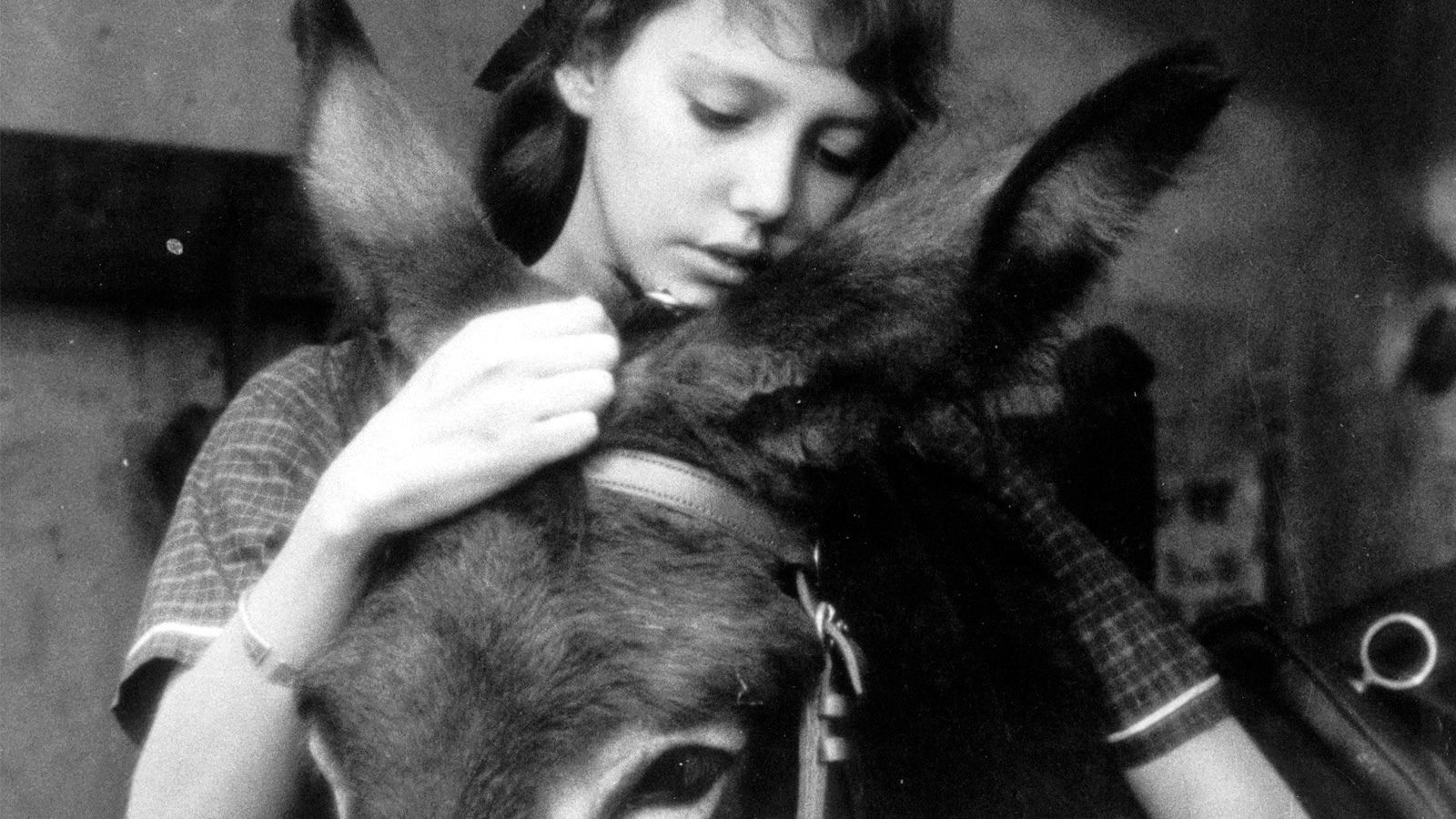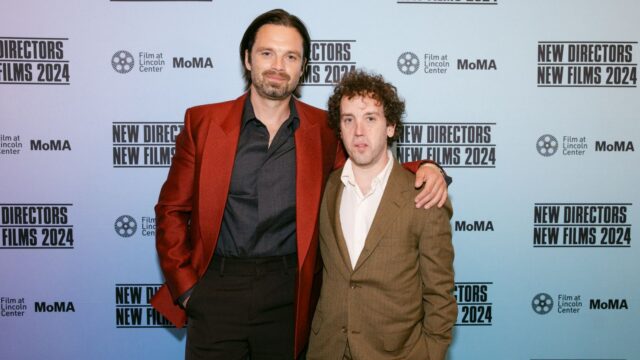Au hasard Balthazar

Au hasard Balthazar
Bresson patiently studies the lives of a donkey and its occasional owner (Anne Wiazemsky in her debut role) in rural France. Rendering a world oppressed by exploitative, cruel relationships, Au hasard Balthazar evokes a rich tension between formal rigor and the tragic, parallel narratives personified by its two principal non-actors. Bresson, who used solely nonprofessionals in front of the camera since 1951’s Diary of a Country Priest, was reportedly upset when Wiazemsky went on to pursue an acting career (she appeared in La chinoise and married its director, Jean-Luc Godard, just one year after Au hasard Balthazar). Speaking in 1970 about the power of the non-actor, Bresson stated, “I want the essence of my films to be not the words my people say or even the gestures they perform, but what these words and gestures provoke in them.”






